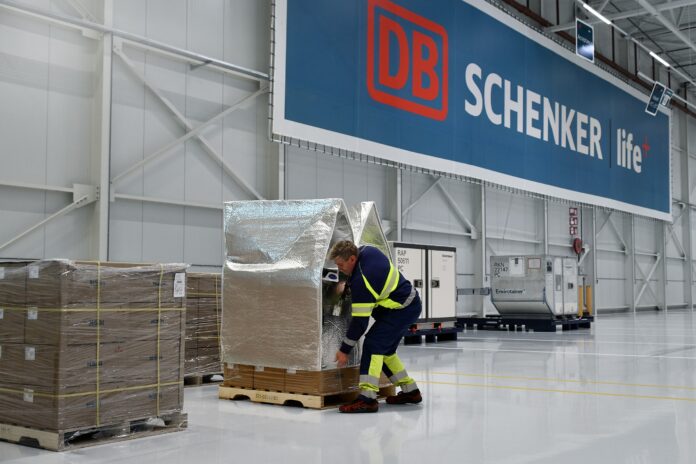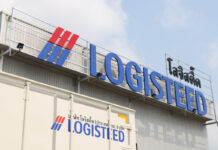
DB Schenker continues to solidify its commitment to excellence and regulatory compliance in pharmaceutical supply chains by achieving certifications in accordance with Good Distribution Practice (GDP) standards for 157 of its stations. The most important markets for the global trade of medical goods, spanning the Americas, Europe and Asia, are now covered within the DB SCHENKER | life+ product portfolio. Stations here refer to operational units at DB Schenker.
By achieving this milestone, DB Schenker can now cover 80% of the world’s healthcare flows with their recent certificates, making it one of the world’s largest GDP-compliant logistics networks. DB Schenker can now better meet the global pharmaceutical industry’s evolving needs.
Healthcare is a highly regulated industry governed by various guidelines, making GDP compliance critical. With Good Distribution Practices, DB Schenker follows a quality guideline that ensures that the integrity and quality of pharmaceutical products are maintained throughout the entire supply chain process. DB Schenker’s internal Global Healthcare Quality Management System addresses the Good Distribution Practices for medicinal products for human and veterinary use and related active substances set out by the European Union (EU) and the World Health Organization (WHO). DB Schenker ensures these requirements are complied with through the internal Directive Healthcare Quality Management, which forms the basis of DB SCHENKER | life+.
Veronique Dameme, Head of Global Vertical Market Healthcare at DB Schenker: “At the end of every healthcare supply chain, there is a patient. That’s why we ensure that medical products are stored and distributed in accordance with the highest standards. The successful GDP certification of our facilities marks a significant milestone on our roadmap and shows our ongoing pursuit of excellence in pharmaceutical logistics.”
When DB Schenker started the certification implementation process, the first goal was to define a valid global standard for all transport modes. This made the GDP certificate suitable. The comprehensive certification ensures that the process, infrastructure, and staffing comply with the stringent requirements of the pharmaceutical industry, using this ideal approach across all business units. After a station is awarded certification after successfully completing an internal certification process, a risk-based re-audit is performed based on continuously measured KPIs. This is repeated every three years to ensure the highest quality is maintained.
DB Schenker continuously analyzes its customers’ need for additional locations. Within the next twelve months, the global logistics service provider plans to certify over 180 of its stations to organize and manage GDP-compliant logistics.
อัพเดตข่าวสารและบทความที่น่าสนใจในอุตสาหกรรมโลจิสติกส์ก่อนใคร ผ่าน Line Official Account @Airfreight Logistics เพียงเพิ่มเราเป็นเพื่อน @Airfreight Logistics หรือคลิกที่นี่











